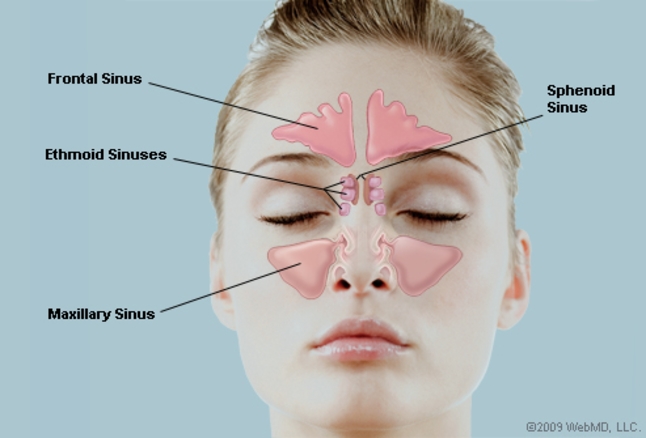This is part 2 of a 4 part blog on dark eye circles
Lifestyle Changes to make that will help Dark Eye Circles
In most cases, eye circles are a combination of some or all of the things mentioned in Blog 1 of our 4 part series. What you’re actually seeing is a shadow effect that exposes the underlying blue veins and your orbital bone. The result is that hollowed-out look ubiquitous with dark circles.
Because there are so many causes for dark circles, treatment isn’t always as straight forward as we’d like it to be. But one thing that's consistently true: you can't always rely on just an eye cream to fix your dark circles. Many cosmeceutical creams and gels on the market do little for dilated veins, volume loss, and excess pigmentation. Most provide temporary and mild to moderate benefits at best. Happily there are free lifestyle changes that you can make.
Self-care is essential, so things like getting more sleep, being gentle with your eyelid skin when washing your face or taking off makeup (don't rub), addressing any allergy issues, and using sunscreen daily are all good (and easy) habits to pick up.
How to Address Sinus Congestion:
Chronic sinus congestion can lead to enlargement of the under-eye veins, which are filled with dark coloured blood. These veins can be visible through the skin or give a darkish hue around the eyes. We suggest using a daily sinus irrigation with a neti pot or similar product to clear the sinuses and improve the under-eye appearance. If that sounds too labour-intensive, go the relaxing route with lymphatic drainage massages that you can do yourself reduce the puffiness, or levelling your pillow so that water doesn't pool underneath your eyes.
How to Address Allergy Issues:
Allergies and sinus congestion can perpetuate dark under-eye circles. Controlling your symptoms and irritants can help reduce the consequence of under-eye changes. Talk to your doctor about antihistamines (e.g., Zyrtec, Claritin).
Sleep better:
Sleep is really important. Plenty of sleep lowers cortisol, which can damage our skin. When you get a good night's sleep, your skin reflects that. Not getting enough sleep doesn’t cause dark circles but it does exaggerate their appearance. Take whatever steps you can to ensure a better night’s sleep, with the number-one priority being to enable the night mode setting on your phone and tablet all day long. This minimises blue light, which is proven to disrupt our natural sleep cycle. Being overtired can definitely affect your under-eyes. Getting appropriate rest can be as helpful as prevention.
Sunscreen:
Even more important than sleep to tackle under eye issues is protecting yourself from the sun. Committing to daily sunscreen use and not getting a tan (whether from the sun or, worse, a tanning bed) is vital for reducing the appearance of dark circles. First and foremost is protection with sunscreen and sun protection with sunglasses in order to protect from ultraviolet damage that causes aging of the skin and further pigmentation. The problem is that many creams and gels on the market do little for chronically dilated veins, volume loss, and excess pigmentation and often require professional procedures, such as injectable fillers and lasers. We strongly recommend protection from UV light with a broad-spectrum sunscreen. Maintaining a healthy skin barrier is also important to avoid skin irritation and dryness. If you want to protect and cover simultaneously, look for an under-eye concealer that contains a broad-spectrum SPF.
Diet:
Any quest to get rid of dark circles should begin with a thorough assessment of your diet. There aren’t any fast dietary-fixes for dark circles, maintaining a nutritious anti-inflammatory diet full of fresh fruits, vegetables, whole grains, lean protein and healthy fats can bring about visible skin improvements all over the body – including the eye area. Avoid foods that are too salty as it causes puffiness, and alcohol, that dries out the skin. Small changes in your diet like consuming less red wine and caffeine can reduce the appearance of dark circles under the eyes. Any healthy, antioxidant foods, rainbow fruits and vegetables are a good idea. We know that antioxidants switch off free radical damage, which break down our collagen and skin scaffolding. We can’t be good all the time so follow the 80:20 rule. Aim to eat well at least 80% of the week and you should see a big difference in your skin.
Smoking/weight:
Do whatever you can to quit smoking. Research has shown that smoking cigarettes and inhaling second-hand smoke worsens dark circles, as does being overweight and having high cholesterol or triglycerides – both of which can be reduced via dietary changes, medication and exercise. Essentially, anything you do to make yourself healthier will make some amount of difference in the appearance of dark circles.







There are five professional treatments available to tackle dark eye circles….